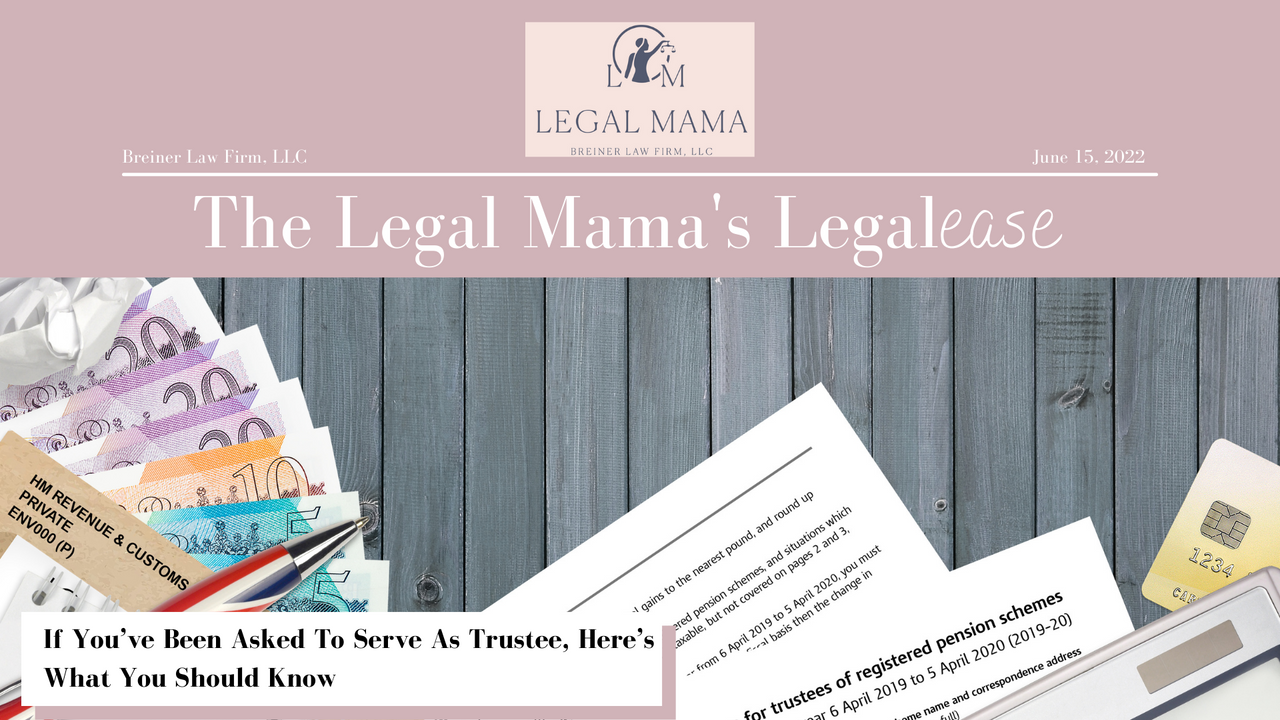What’s new in the blog?
..............
Estate Planning FAQs For LGBTQ+ Couples
Jun 30, 2022
Probate: What It Is & How To Avoid It—Part 2
May 10, 2022
Probate: What It Is & How To Avoid It—Part 1
May 03, 2022













